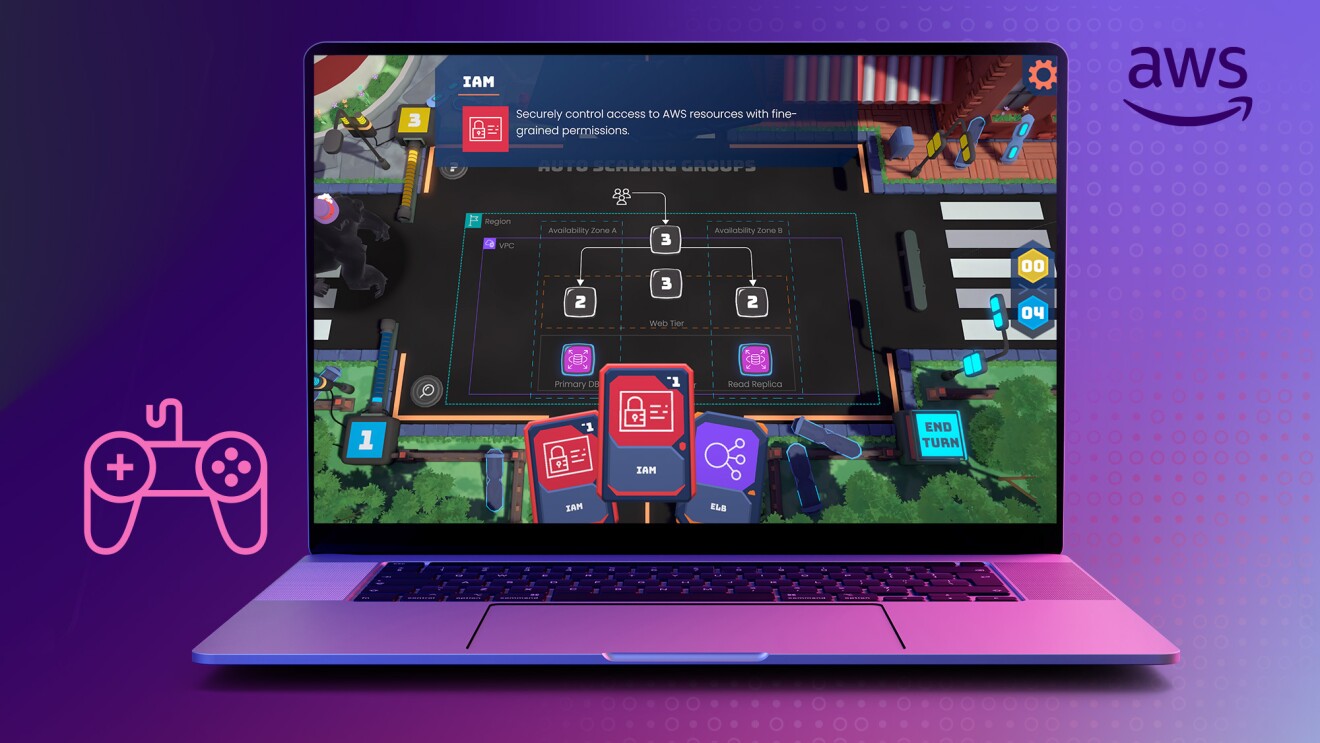Page overview
It takes more effort to be someone else rather than yourself
Don’t try to be someone you’re not; be the same person in public as you are in private. “I’m just one person," said Nooyi. "What you see in private is what you see in public, so I'm not going to have two avatars. So that's a decision I made long time ago, because it's better to just let people see who you are. If they don’t like aspects of you—tough.”
Carlson agreed that consistency and authenticity are incredibly important in a professional space, particularly during these challenging times as employees juggle working from home and taking care of their families. She added that, as someone who also loves her work, Nooyi’s clear passion for her field was evident. Carlson shared how her own experiences and love of work was shaped by her parents. In particular, she called out her mother’s livelong dedication to a career in education. “I never heard a complaint. She loved it,” said Carlson.
From Nooyi’s perspective, if you want to get the best out of people, you have to let them bring their whole selves to work. This means letting them bring their entire "ecosystem” to work—not physically, but emotionally. “I’ve always tried to accommodate the whole person,” Nooyi said. “I talk to people about their family, about any issues they’re going through, and I like to explore how the company can alleviate some of the issues. You need to show empathy as a leader. I like interacting with people, and I think this yields a rich working relationship.”
Carlson pointed out how important it is to let your team know that they can show warmth and a sense of humor, particularly in challenging times. “If you’re on a video conference and your cat walks across the table or your children want to sit on your lap—fine. Let them come in. We have to operate with grace.”
To be an effective leader you need to become a student yourself. “Unless you zoom in to really understand the details, you can’t zoom out to understand what you have to do,” said Nooyi. This is especially true when leading in a crisis.
“How do you make decisions as a leader when data is scarce?” asked Carlson.
“Form a team of experts, let them speak and take the day-to-day questions, but let people know you’re supporting them,” Nooyi said. “Leadership requires constant learning. In a crisis you need to show that you’re interested in the details. This is the time to show knowledge and depth.”
As Chairman and CEO of PepsiCo, Nooyi says whenever she met with women leaders, the questions they asked were no different than those from men: how to manage difficult issues, how to make change management happen, how to build teams, how to do succession planning. These women were often running big companies, she told Carlson, but toward the end the conversations often turned to how their aspirations were being thwarted by everything else they needed to do. Nooyi and Carlson agreed that we need to attract “the best brains” to the workforce, but we don’t have the support systems in place to help enough people manage their career, family, and caring for others. The pandemic has been especially trying in this regard.
“We are not seeing a mass exodus of women,” said Carlson, of the difference between the situation at Amazon and recent reports of the pandemic’s disproportionate impact on women leaving the workforce. “We are trying to be flexible and making sure we’re taking care of our employees and customers, every day.”
As a kid in the 1960s, Nooyi played in an all-girl rock group. “I was surprised my parents let me,” she said. “I thought my aunties and uncles would disapprove, but they were humming the tunes and saying to people: ‘Guess what? Our niece is in a band!’.” Nooyi credited her family’s progressive attitude toward advancing the talents of women for her “solid start” in life. Their willingness to give her an equal chance at education, and encouragement from others, helped to push her along. “One thing led to another,” she said, “But if I hadn’t had the basic support of the men in my family, it would have been a tough slog.”
Carlson, too, said her parents have been “formational” in her life and career. “My mom was the first female principal in the county I was from, which is in Kentucky,” she said. “She taught in a one-room school classroom. I never heard her complain. She was always getting new degrees, teaching school, raising kids, growing our garden, and working in the community. She’s now 91, and she’s amazing.”
Trending news and stories








